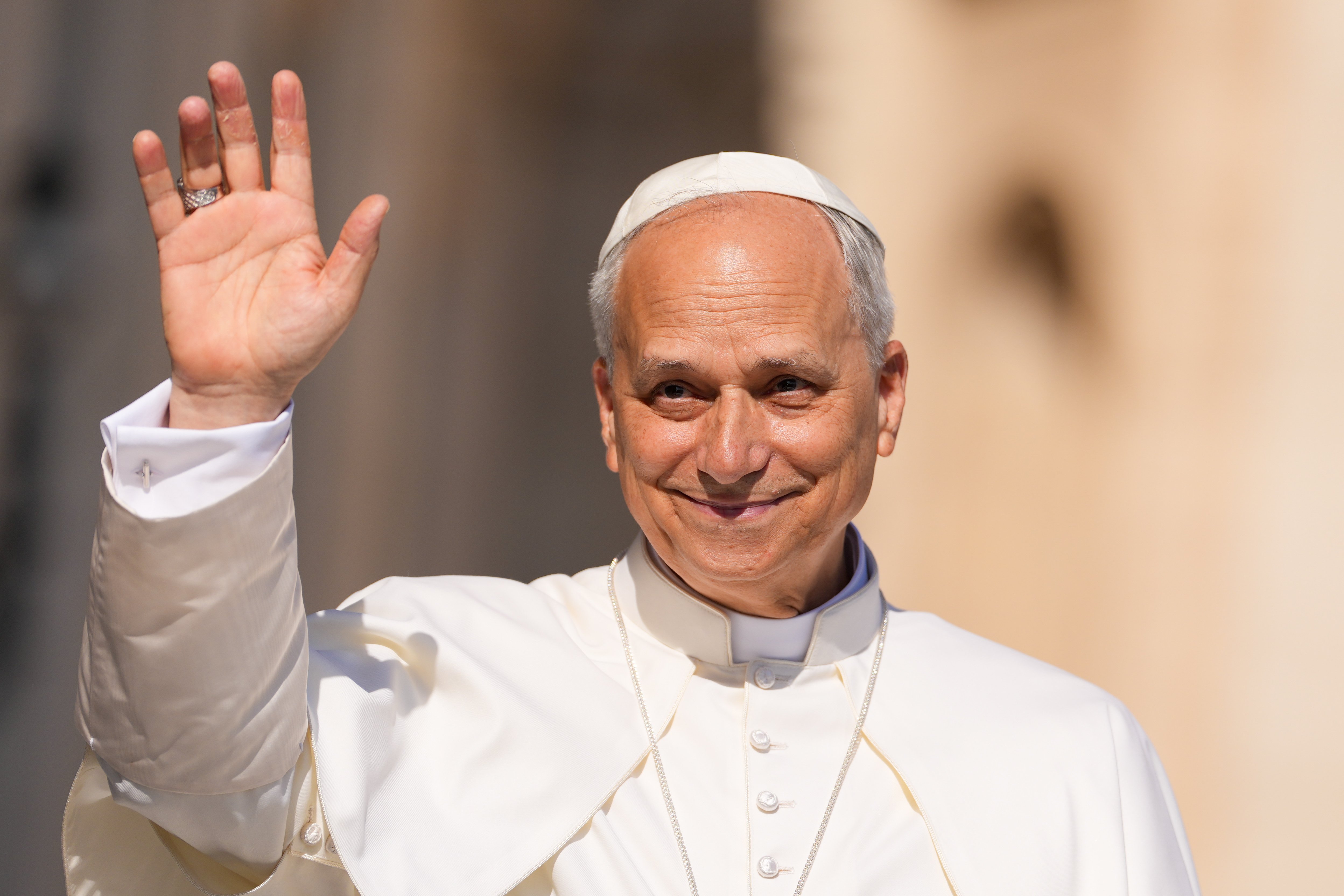May 3, 2023 at 12:15 a.m.
‘Pacem in Terris’ at 60
Sixty years ago, on Holy Thursday of 1963 to be exact, Pope John XXIII issued “Pacem in Terris” (“Peace on Earth”), his encyclical that advanced the Church’s modern social teaching with its recognition of freedom and human rights. It also changed the framework for discussing the use of violence in an age of atomic weapons.
Addressed not just to the Church but to the whole world, the pope viewed “the signs of the times” and saw a world in which women were taking an increasing role in public life, a world which would no longer be “divided into nations that rule others and nations that are subject to others,” a world in which racial discrimination was no longer justified.
The document appeared just months after the Cuban missile crisis, an event in which the world confronted the possibility of nuclear annihilation for the first time.
For the previous two centuries, the Church had struggled with its relationship to the world. According to the “New Dictionary of Catholic Social Thought,” it had developed a “siege mentality” dominated by papal condemnations of the world. Examples of this attitude included the “Syllabus of Errors” by Pius IX and the oath against modernism by Pius X.
Reflecting on the changes that led to his decisions during his pontificate, Pope John XXIII would tell Vatican diplomats, “It is not that the Gospel has changed: it is that we have begun to understand it better.”
His own understanding of the Gospel developed through personal experience.
As an orderly in World War I, he would later recall, “I had to fall on my knees and cry like a baby, alone in my room, unable to contain the emotion that I felt at the simple and holy deaths of so many poor sons of our people.”
Reflecting on the issues that led to war, he would say, “The world is poisoned by moribund nationalism, built up on the basis of race and blood, in contradiction to the Gospel.”
He had more personal experience of this during World War II. As apostolic delegate to Turkey and Greece, he became aware of the plight of Jews, first in Poland and then in other areas of Europe. He used Vatican resources to distribute thousands of “immigration certificates” that allowed tens of thousands of Jews to flee through neutral Turkey to Palestine, then a British protectorate.
In a Pentecost sermon in Istanbul during World War II, he noted how easy it is for Catholics to cut themselves off from “our Orthodox brothers, Protestants, Jews, Muslims, believers or non-believers in other religions.” Such a division, he said, makes no sense. “Jesus came to break down barriers; he died to proclaim universal brotherhood; the central point of his teaching is charity — that is, the love that binds all human beings to him as the elder brother and binds us all with him to the Father.”
These experiences bore fruit in “Pacem in Terris,” which recognized the right of each person “to honor God according to the sincere dictates of his own conscience,” as well as “the right to freedom in searching for truth and in expressing and communicating his opinions.”
The encyclical noted that women, who were taking a greater role in public life, “will not tolerate being treated as mere material instruments, but demand rights befitting a human person both in domestic and in public life.”
Besides being a testimony to human rights, “Pacem in Terris” addressed issues of war and peace. It recognized “with deep sorrow” the enormous stocks of armaments and continuance of nuclear tests “undertaken with war in mind” and called for an end to the arms race and reductions in the stockpiles or arms that nations possess and a ban on nuclear weapons.
In its breadth, the encyclical marked a change of attitude toward the modern world, outlining fresh ways to address social justice in light of major changes around the world. The recognition of freedom and human rights became a foundation of modern social teaching in the Church. Sixty years later, it is still worth reading.
Walter Ayres is the director for Catholic Charities’ Commission on Peace and Justice.
MORE NEWS STORIES
- Senate passes Trump’s ‘Big Beautiful Bill’; US bishops’ conference opposes
- Analysis: ‘Big Beautiful Bill’ portends ‘unprecedented’ impact on immigrants
- French woman hopes sharing mystical encounter with Minnesota Benedictine helps sainthood cause
- Bishops call for climate justice, reject ‘false solutions’ that put profit over common good
- Pope accepts resignation of Archbishop Rodi, names St. Louis auxiliary as successor
- OSV News the most-awarded Catholic newswire in 2025
- Children bear ‘heaviest toll’ in growing global conflicts, says Vatican diplomat at UN
- Pope to Ukrainian Greek Catholics: ‘God will have the last word,’ ‘life will conquer death’
- ‘We are in this together’: Recent Supreme Court rulings support parents in their vocation
- Idaho Catholics unite in prayer for firefighters killed in sniper ambush









Comments:
You must login to comment.